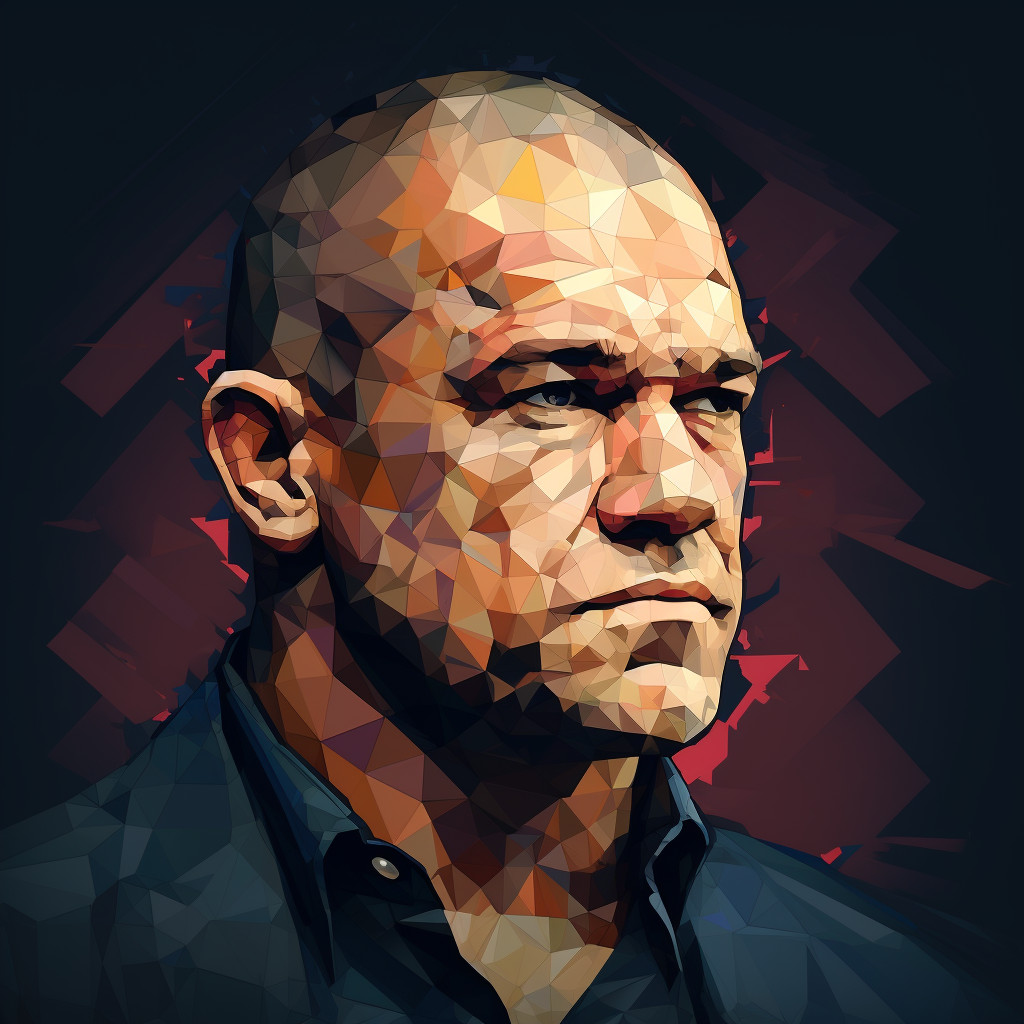The quote “Centralized control doesn’t work on the battlefield, in business, or in government” by Jocko Willink, highlights the inherent inefficiencies and limitations of a system where decision-making power and control are concentrated at a single point or within a small group.
In the context of a battlefield, centralized control can lead to slow decision-making and responsiveness, as orders and strategies have to filter down from a single command center. This could potentially lead to disaster, especially in rapidly changing situations. A decentralized approach, where decision-making power is distributed among multiple units or individuals, allows for quicker responses and greater adaptability.
In business, a similar principle applies. A company with centralized control is often bogged down by bureaucracy and slow decision-making, which can hinder innovation and responsiveness to market changes. On the other hand, companies that empower their employees to make decisions often see increased productivity, innovation, and job satisfaction.
In government, centralized control can lead to inefficiencies, corruption, and a lack of responsiveness to the needs of citizens. Decentralization, where power and decision-making are distributed among various levels of government, can lead to more responsive and effective governance.
Applying this idea to today’s world, we can see the value of decentralization in various sectors. In technology, for example, the rise of blockchain technology is a testament to the power of decentralization. Blockchain operates on a decentralized network, making it more secure, transparent, and democratic.
In terms of personal development, this quote can be interpreted as a call to avoid centralizing control over every aspect of one’s life. By delegating tasks and responsibilities, one can focus on what they do best and achieve greater efficiency and productivity. It also encourages the development of trust in others’ abilities and fosters collaborative relationships.






